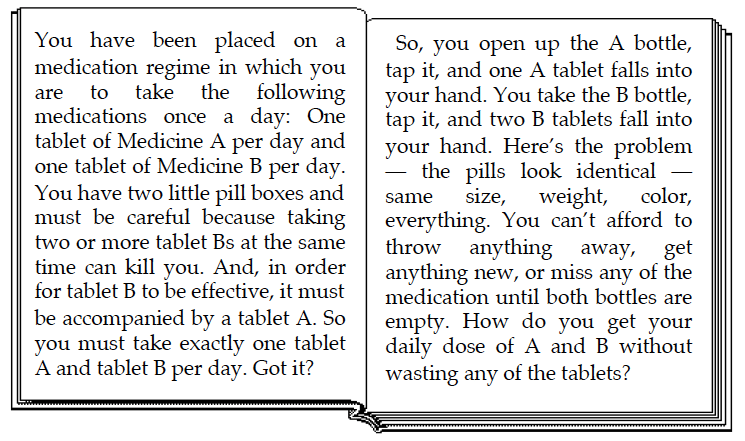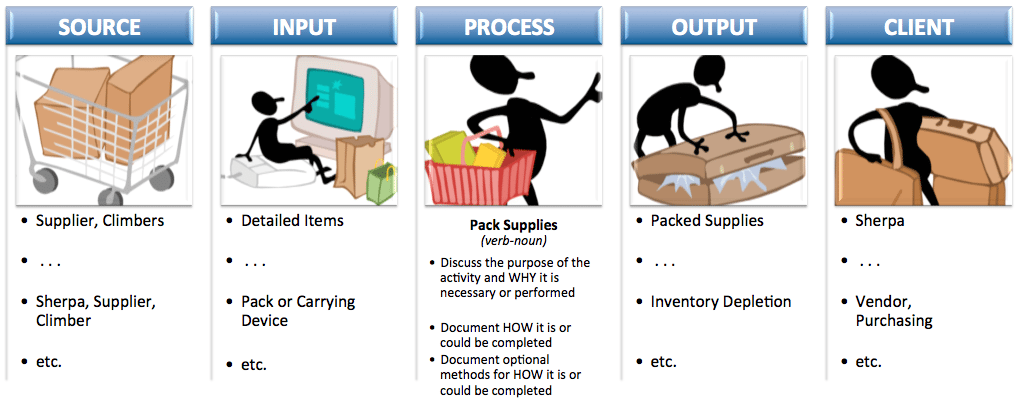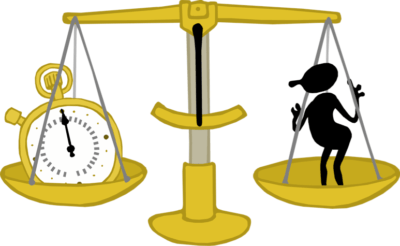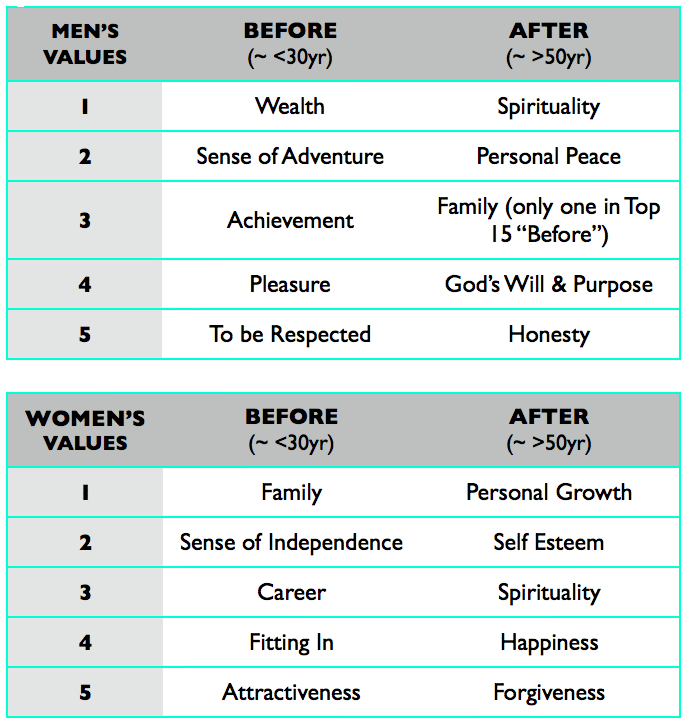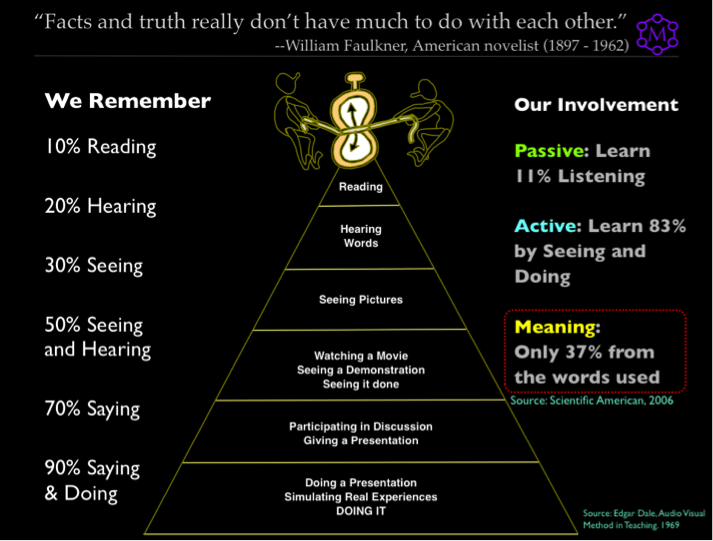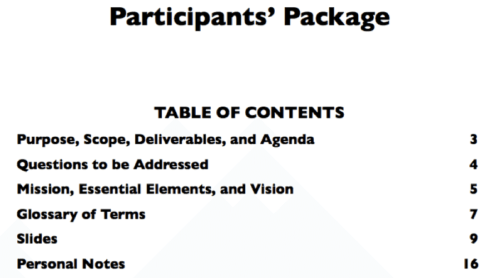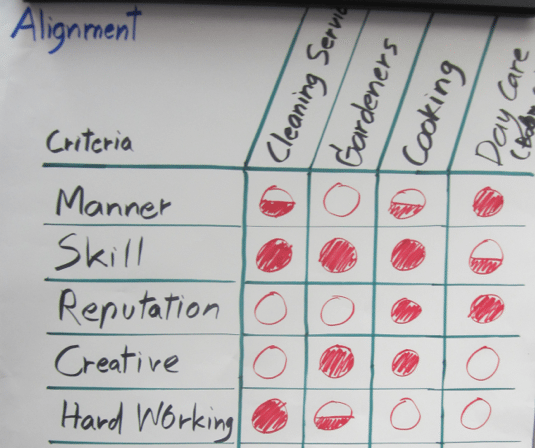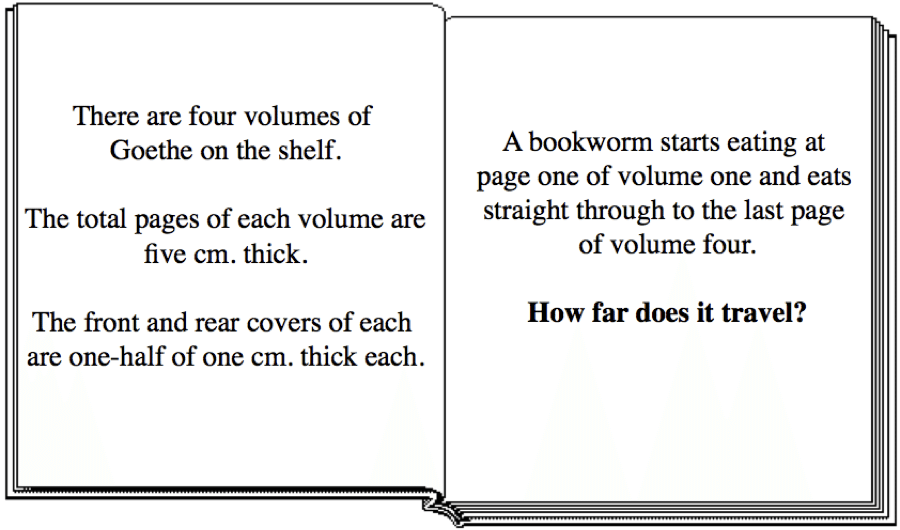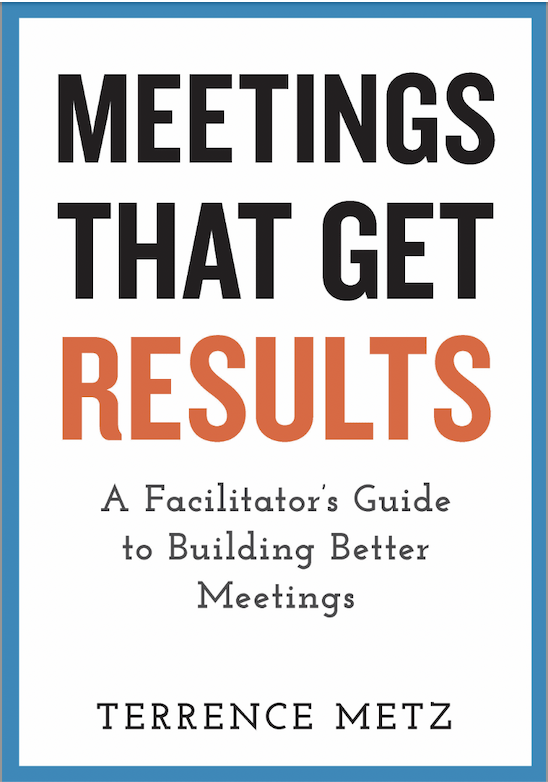Challenge the Status Quo, such as “We don’t do things that way around here.”
Those of you familiar with the MGRUSH curriculum remember the challenge of the “bookworm” exercise that only one or two participants get correct per year. Here is another similar, quickly run challenge to test groups resistant to change or inclined...
Nonverbal Expressions: How to (Not) Gesture while Facilitating
Nonverbal expressions, like words (see Facilitate Meaning, Not Words), connote multiple messages. After you finish this article, you will be strongly tempted to embrace the MGRUSH recommendations. Keep your elbows tucked in, your hands below your...
What to Do About the Seven Deadly Sins of Facilitating (in alphabetical order):
You've heard plenty about what to do, but the Seven Deadly Sins of Facilitating also suggest what NOT to do. The following are real, powerful, and sequenced alphabetically. Assuming: Simply because the facilitator hears what was said does not imply...
A Simple Planning Agenda for Agreeing on WHO Does WHAT by WHEN
Any type of descriptive or prescriptive plan, process, or series of activities can then be illustrated with a simple process flow diagram. A process flow diagram describes WHO does WHAT by WHEN, in support of some agreed-upon purpose. Therefore,...
Sign the Charter for Compassion and Consider Becoming a Supporting Member
Ultimately, consensus-building requires intuition and a higher self to overcome the selfishness of physical and emotional demands. We became signatories with over 100,000 other people who have “Liked” the Charter for Compassion. We encourage you to...
Facilitating ‘Genetic’ Differences: Similar Values with Different Priorities
Most meeting participants embrace a set of similar values with different priorities. The difference lies in their relative strength, or ranking of the values. Participants’ rankings however are not static. Their ranking changes based on their...
The FUD Factor: Fear, Uncertainty, and Doubt Amplify Fear, but People Change Anyway
Paradigms Paradigms are established accepted norms, patterns of behavior, or a shared set of assumptions. Shaking them causes fear, uncertainty, and doubt; also known as the FUD Factor. Paradigms provide models that establish boundaries or rules...
The Way People Think Affects How You Intervene to Build Consensus
Differences -- People think differently. As session leader, you empower participants and their ability to understand and communicate with each other. Additionally, you enable them to think creatively about their business. Hence, the following two...
Do NOT Lead Another Workshop Without These Four Workshop Documents
There are four workshop documents each facilitator must provide or ensure: Pre-Read Annotated Agenda Slide Deck Output Notes (Deliverables) Workshop Documents -- Pre-Read Your participants need to show up at your workshop prepared and ready to...
Three Types of Persuasion for Individuals to Embrace Organizational Goals
Meeting and workshop participants by definition ought to be participatory. To get and stay involved, subject matter experts (i.e., SMEs or participants) need motivation to both show up (or attend) and to actively contribute over the course of a...
Group Decision-Making: Focus on Strategic, Operational, OR Tactical Issues
Scope creep wreaks havoc on projects and group decision-making. Meetings also spin out of control because the leader allows the co-mingling of strategic, operational, AND tactical issues. Each deserves a different approach, preparation, and...
Facilitating Cultural Shift from Group Orientation to Shared Project Team Values
We have argued for years that unclear speaking (or writing) is indicative of unclear thinking and will impact shared project team values. For example, most people do not distinguish between the meaning of a “group” or a “team.” Conversely, we find...
A Blueprint When Building Consensus Around All Types of Decision-Making
After reviewing some material about the optimal methodology (i.e., approach) for distribution planning, related to an ERP (Enterprise Resource Planning) project, it became quickly evident that the expert’s recommendation followed the core...
Beware of the Overconfidence Effect With Subject Matter Experts and be Prepared to Challenge
You and I have been victims of numerous false, urban legends. So please beware of the overconfidence effect among subject matter experts. For example: The Great Wall of China is NOT visible from outer space You use a lot more than ten percent of...
It Is NOT What is in it for me? Rather, What do you need or want from me?
Meeting participant preparation differs high-performance groups from normal or underperforming groups. Many people attend sessions with concern over What is in it for me. Meeting participant preparation suggests that is neither the right attitude...
Stop wasting time and money!
With Meetings That Get Results, you’ll learn how to lead meetings that produce clear and actionable results every time. More important, how to avoid the worst possible outcome from any meeting—another meeting!
Developed from over 17+ years of research, delivery, and practice, including 15,000+ hours providing live instruction using Certified curriculum, Meetings That Get Results provides you with the tools and methods necessary to lead meetings that generate clear and actionable results, with deliverables that participants both understand and own.
“An essential handbook for any leader or facilitator of meetings. Especially as we have transitioned to more remote-based collaboration, I value all the tips to lead global team meetings.”
— Sana A. Manjeshwar, Global Principal Ombuds Manager, Chevron

